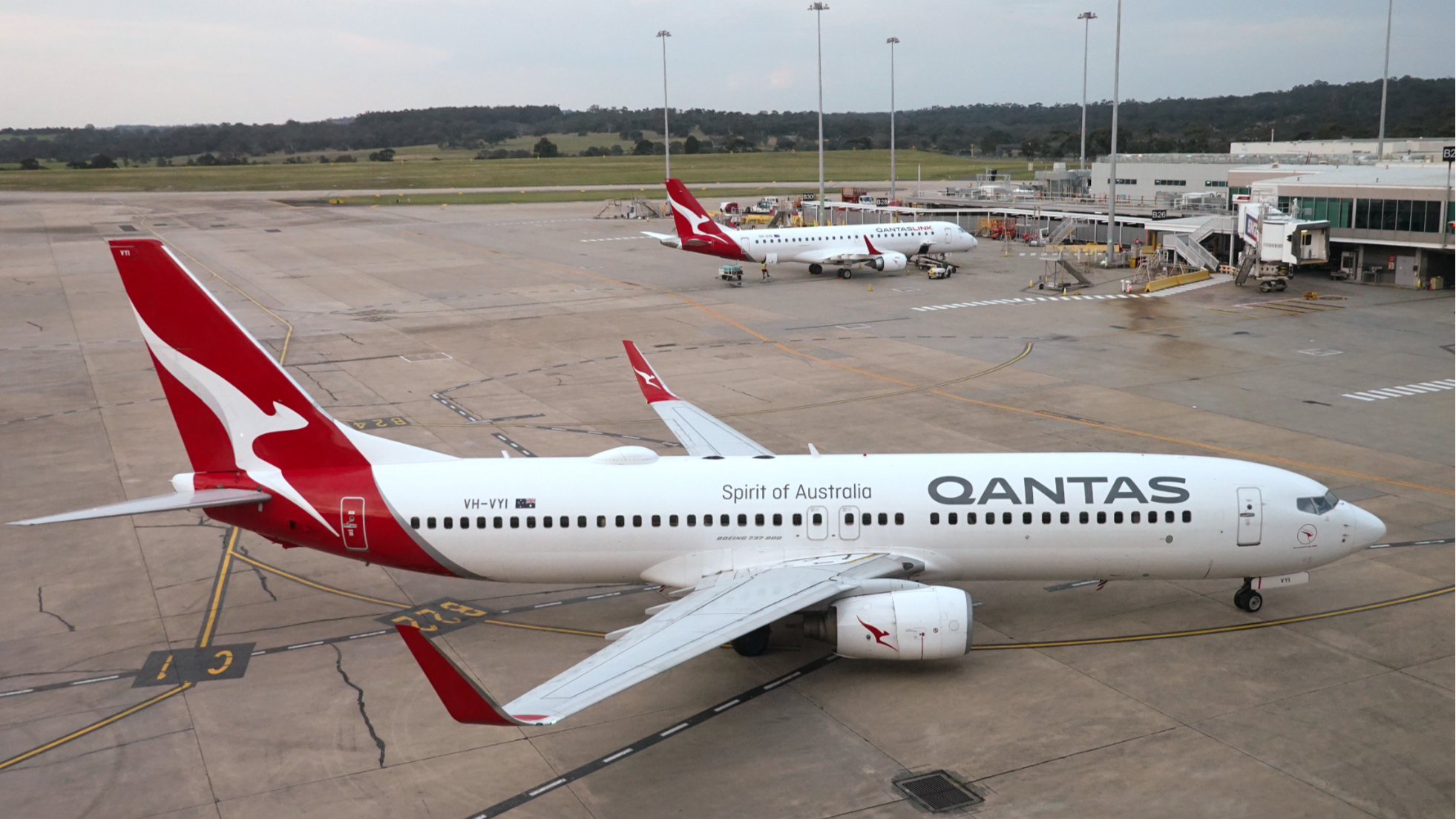
SYDNEY - Australia's competition watchdog said on Tuesday that the country's aviation industry appears to have recovered from the COVID-19 pandemic, with passenger levels and capacity back to pre-pandemic levels.
In its latest report on domestic airline competition, the Australian Competition and Consumer Commission (ACCC) revealed that over the quarter to March this year, domestic passenger numbers exceeded 2023 levels and followed the seasonal pattern along 2019 levels.
Five major airlines, namely Bonza, Jetstar, Qantas, Rex, and Virgin Australia, carried 4.9 million domestic passengers in the first quarter, which represented 98.8 percent of passenger figures in March 2019 and saw an increase of 3.3 percent than the same period 2023.
The report found that some one-off events led to a spike in domestic passenger activity in February, including American singer Taylor Swift's seven shows in Melbourne and Sydney, which drew more than 600,000 people across two weekends
Meanwhile, there were 178 direct routes flown by the five carriers across the domestic network, recording a net increase of 22 routes since March 2019.
"After four years of instability, the domestic airline industry has returned to more typical seasonal levels that were last seen before the pandemic," said ACCC Commissioner Anna Brakey.
ALSO READ: Australia starts to build air traffic control system for uncrewed flights
"The increase to airline seat capacity has contributed to lower airfares for consumers on domestic routes. We hope to see this trend continue as the airline industry returns to a more stable market," she noted.

The report found that some one-off events led to a spike in domestic passenger activity in February, including American singer Taylor Swift's seven shows in Melbourne and Sydney, which drew more than 600,000 people across two weekends.
For the first time since the pandemic, domestic passenger numbers exceeded 2019 levels in February, according to the ACCC report.
For the first time since the pandemic, domestic passenger numbers exceeded 2019 levels in February, according to the ACCC report
However, the competition watchdog also voiced concern that Australian travelers would have less choice for direct flights to regional destinations if budget airline Bonza fails to recommence services.
Due to its small fleet size and exclusion of the busiest domestic routes from its network, Bonza had been unable to capture more than two percent of the passenger market and competed with other airlines on just seven of its routes.
The newly founded low-cost airline entered voluntary administration merely hours after abruptly suspending its services in late April.
READ MORE: Official: Australia hopes China to be its top tourism market again
"While Bonza's impact on competition had been limited to date, its presence represented an opportunity for greater competition to emerge in the highly concentrated domestic aviation sector," Brakey said.


